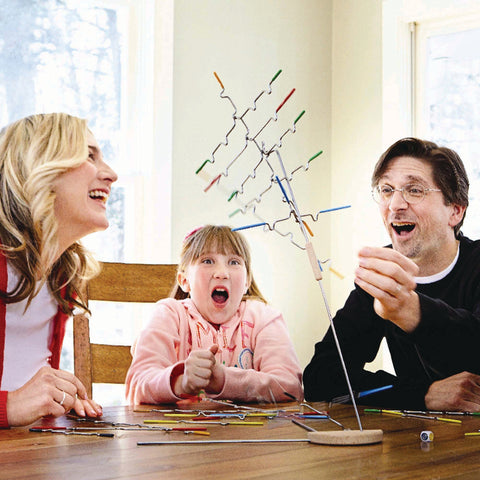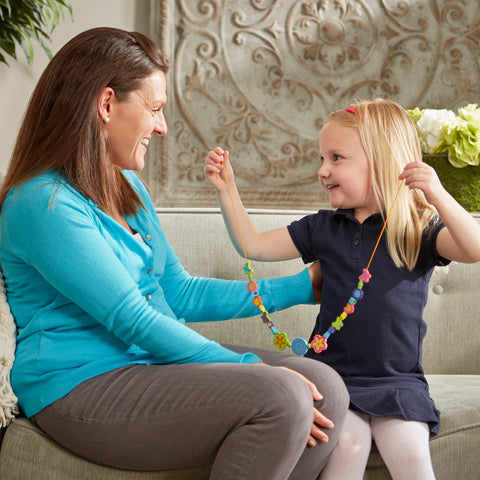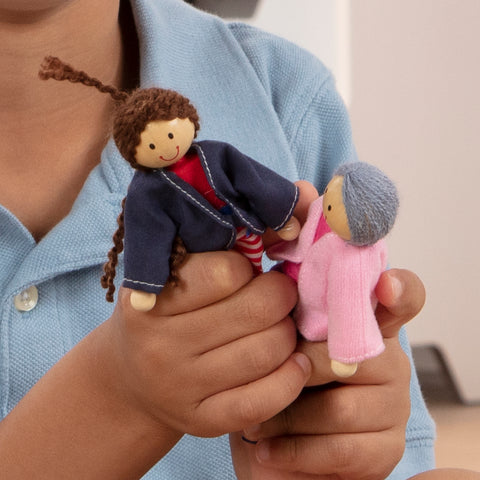It’s normal to worry about our kids’ emotional development during what may be one of the biggest stressors of our lifetime. But there are things we can do to keep our families hopeful and resilient, no matter what we have to face. Research shows that secure, positive relationships with trusted adults act as a “buffer” for children against trauma and stress. This means that kids don’t get as upset from stressful changes or losses, or when they do, they can make more sense of them and build resilient coping skills.
While your family plans for the school year to come, it may be helpful to think about these big-picture sources of resilience that you can build into daily life.
5 Ways to Help Your Child Build Resilient Coping Skills
-
Practice Daily Relationship Care What are your favorite ways of spending time with your kids? What activities make you feel connected, like you’ve “clicked” with them and you are being your true selves? Take some time to reflect on these daily opportunities for building the emotional strength of your family, and try to make them a habit. For me, it’s caring for animals and enjoying music together.
-
Celebrate Family Traditions Our cultures give us traditions that we can turn to during times of sadness or disruption. It may be certain songs, foods to cook and eat together, or stories handed down through generations. We make meaning about events, happiness, and loss through traditions, so think about which ones your family can do. Or make some up and carry them forward!
-
Get Moving I’m always recommending dance parties, yoga videos, or walks around the neighborhood to families. Moving our bodies is a physiological way to improve mood and organize our brains. My kids love wrestling matches, and we’ve started going on runs or bike rides every morning (instead of lying on the ground waiting to be stimulated!)—and I swear I’m hearing fewer “I’m booooooored” whines.
-
Lose Yourself in the Moment Stressful times make us feel like we need to be on guard, hypervigilant for any threat. It is exhausting, and it’s not necessary. Play is something that, as Melissa says, “gets us out of our heads, and into our hearts.” Remember that it’s OK to let go, play a game or do something silly that has no end-product or purpose other than feeling joyful and forgetting about time for a bit.
-
Mind Your Own Distraction We all need an escape, but technology can suck us in more than is really helpful. You may find yourself “doom-scrolling” for more information about the pandemic or politics, but not actually feeling any better afterwards! My kids have called me out on my own “techno-ference,” and so now I’m just trying to use my phone at the beginning and end of the day. See what types of boundaries you can set around your tech use, and try to limit the number of rabbit holes you jump down.
I realize that many parents have tried a lot of these family wellness tactics and still have a child who is reacting to the stress of the pandemic with persistent irritability, explosive behavior, being withdrawn, or not seeming to enjoy anything. Child and family therapists understand how much children are struggling right now, and many have phone or video appointments available. I’m not shy about sharing the fact that my own family has received help from really wonderful therapists in the past, and they’ve given me so many practical ideas for managing emotions and behaviors. Your child’s pediatric provider may have some suggestions, or you can just look for local therapists online. This is a crucial time to invest in mental wellness!
Big picture: your family will get through this. Your kids may regress in some areas, but grow in others—and so will you! Hang in there.
The American Academy of Pediatrics is partnering with Melissa & Doug on the Power of Play to raise awareness about the health benefits of open-ended play and how important play is for both parents and kids.
Learn more about the Power of Play >
This web site is not an attempt to practice medicine or provide specific medical advice, nor does use of the site establish a physician-patient relationship. The use of this web site does not replace medical consultation with a qualified health or medical professional to meet the health and medical needs of you or others.













